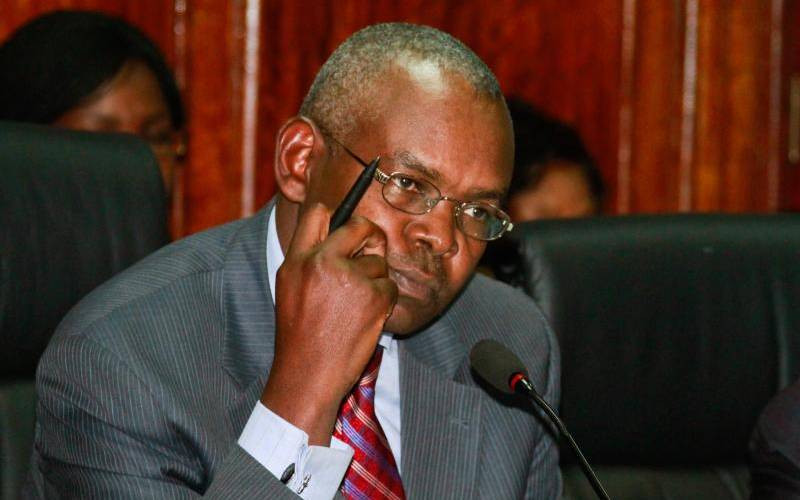President Ruto: University students placed in wrong bands have chance to appeal
Education
By
Stephanie Wangari
| Aug 25, 2024

President William Ruto has assured students who have been incorrectly placed in financial aid bands that they have an opportunity to appeal.
This comes after some vulnerable students were assigned to bands that they cannot afford. The president noted that of the 134,000 students who applied for the University Funding Model, 26,000 have appealed, stating they were placed in bands that do not reflect their financial situation.
During a Townhall meeting with university students on Sunday, President Ruto acknowledged the concerns raised by students. “I have engaged with students in various forums, and they have expressed concerns about being placed in the wrong bands. I assured them that these issues can be corrected,” he said.
The president also defended the University Funding Model, emphasizing that banding has existed since 1996. He clarified that his administration only added one more band, increasing the total from four to five.
“There has always been banding. Contrary to some beliefs, this model did not introduce banding, it has always been part of the system. The only change we made was increasing the bands from four to five,” he explained.
READ MORE
Showdown looms as banks reject CBK's cheap loans reform plan
Finance Bill 2025 will trigger a spike in cost of goods, experts say
Leafy suburbs property prices drop on Trump budget cuts effect
Cost of living: How salaries have changed since last Labour Day
Why you are likely to lose your land to family, not fraudsters
Kenya's inflation rate rises to 4.1 percent in April
Report: Counties new avenues for 'wash wash'
China hails Ruto's visit as major win for Africa and Global South
President Ruto stated that he had consulted various stakeholders, including Vice Chancellors, about the effectiveness of the University Funding Model and received positive feedback.
“We will continue to refine the model. While we are not claiming it is perfect, we believe it is about 95% in the right direction, and we will keep improving it,” he said.
However, The Standard previously reported that Vice Chancellors (VCs) from both public and private universities, along with other higher education sector stakeholders, have pointed to flaws in the implementation of the new model. VCs, speaking confidentially, highlighted the lack of adequate public participation in bringing students and parents on board before the model was rolled out.

